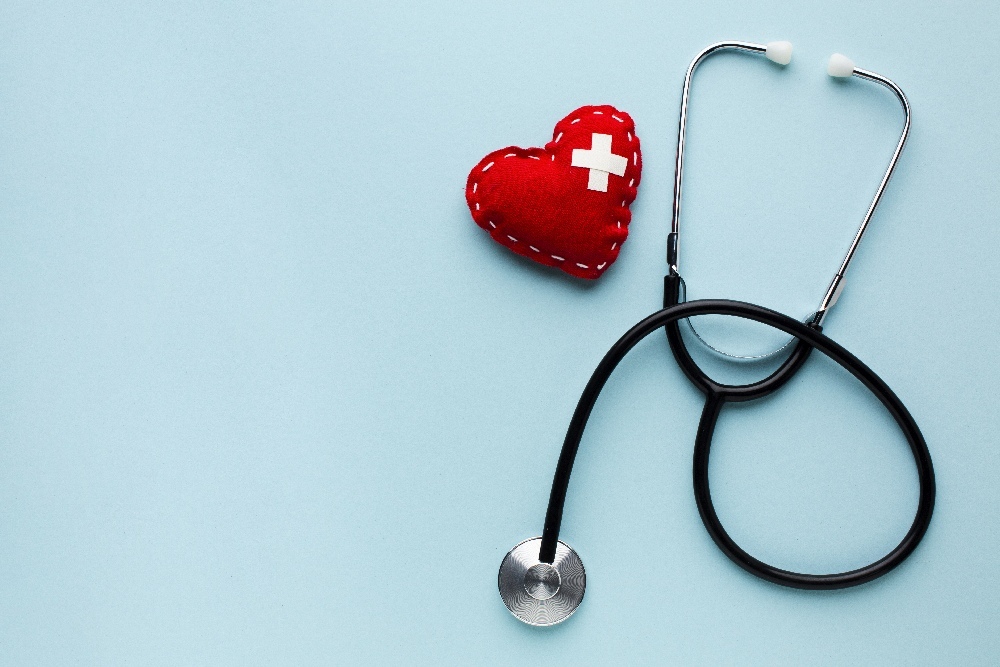Every season gives birth to a food platter that symbolizes the cultural diversity of India, from “Alu Vadi” of Maharashtra to “Pazham Pori” of Kerala. The monsoon, being the most pleasant weather, gives us many opportunities to bring back chill vibes. But it also makes us more susceptible to seasonal infections. Hence, it becomes crucial for us to keep up with good eating habits, which can help us stay healthy and fit during this season. We’ve made a list of monsoon nutrition tips that will be of help to you. Continue reading to find out more!
How Can We Make Our Monsoon Healthy?
Keep in mind these tips to enjoy a healthy and safe monsoon:
- Wash all fresh produce thoroughly twice.
- Avoid green leafy and cruciferous vegetables such as cauliflower, cabbage, spinach leaves, etc. They are a common breeding spot for germs in monsoon.
- Avoid consumption of raw vegetables in the form of salads. Instead, consider steaming the vegetables before consumption.
- Use potable water for drinking as well as for cooking preparations.
- Eat fresh homemade meals. Avoid eating leftover food.
- Avoid cooking food in advance. If it needs to be prepared in advance, then store it at an optimum temperature. Store cold food below 5°C & hot food above 60°C. Cooked food must be reheated before consumption.
- Avoid eating street food, especially when it’s cooked open and under poor hygienic conditions.
- Avoid consumption of pre-cut fruits, juices, etc.
- Be mindful while buying fresh produce.
Monsoon Nutrition: Tips To Stay Healthy This Monsoon

- Food Safety: Monsoon is a favorable season for the breeding of insects and microorganisms. Therefore, food safety becomes a topic of prime importance.
- Inclusion Of More Colors In The Diet: The more colors on the plate, the more nutrients in the diet, ensuring a better immune response. Having a healthy immune system is like a bonus during this season. We must include seasonal fruits and vegetables in the diet, such as pears, plums, peaches, gourds, Indian squash, cluster beans, etc. to ensure monsoon nutrition.
- Inclusion Of Herbs And Spices: Sipping hot tea, milk, and water infused with a hint of herbs and spices such as tulsi, ginger, turmeric helps in improving immune response. Adding garlic, asafoetida, coriander powder in food preparations can help in easing digestion during the monsoon season.
- Keep Up The Hydration Level: During monsoon, we may feel less thirsty as the temperature goes down. Our kids might just skip taking enough water, which can leave them dehydrated. Resulting in them feeling low and exhausted. To avoid that, give them plenty of fluids throughout the day in the form of Soups, Kesar Milk, Kahwa, Plum Squash, etc.
- Say No To Extra Sodium: Extra sodium in the form of packaged foods and too much salty food preparations at home can cause bloating and water retention. Hence, consider avoiding it.
While considering the above all, don’t forget to enjoy seasonal delicacies such as Bhutta/ Bhutte ki kees, Kalmi Vada, Surti Locho, etc.
Conclusion
The most important monsoon nutrition tips revolve around hygiene and killing germs, so ensure you gorge on food and drinks that are piping hot. If you’ve got kids on your hands, ensure you keep them safe from water-borne diseases with boiled water and keep track of their nutrition intake with the ImmunifyMe app.
FAQs On Monsoon Nutrition Tips
How Can We Keep Our Monsoon Healthy?
Maintain personal hygiene and keep your surroundings clean and dry. Use a mosquito net and mosquito repellant to keep mosquito-borne diseases at bay. Wear long-sleeved clothes and empty garden pot-liners and cans of water.
What Should We Not Eat In The Rainy Season?
Don’t eat outside food especially street food in the monsoon. Also, avoid drinking water outside. Remember to carry your water bottle from home. We advise avoiding raw food like salads, or anything with raw ingredients in it.
What Do We Eat And Drink In The Monsoon?
It’s advisable to eat light, freshly-cooked home food such as hot soups, lentils with steamed rice, and vegetables. You should also eat food rich in proteins, vitamins and minerals, e.g. eggs, lentils, soy nuggets, etc. This helps keep your health and immunity up.
Which Drink Is Good In Monsoon?
The best possible drink in any season, particularly it the monsoon, is boiled water. We emphasize the need to boil it so as to prevent water-borne diseases. Hot beverages such as tea and coffee accompanied with onion and potato fritters or bhajiyas make for a healthy monsoon snack. Warm milk or hot chocolate are also good choices.
Disclaimer: The above content is for informative purposes. It doesn’t intend to substitute any medical opinion. Always consult qualified medical personnel for more information.
References –






